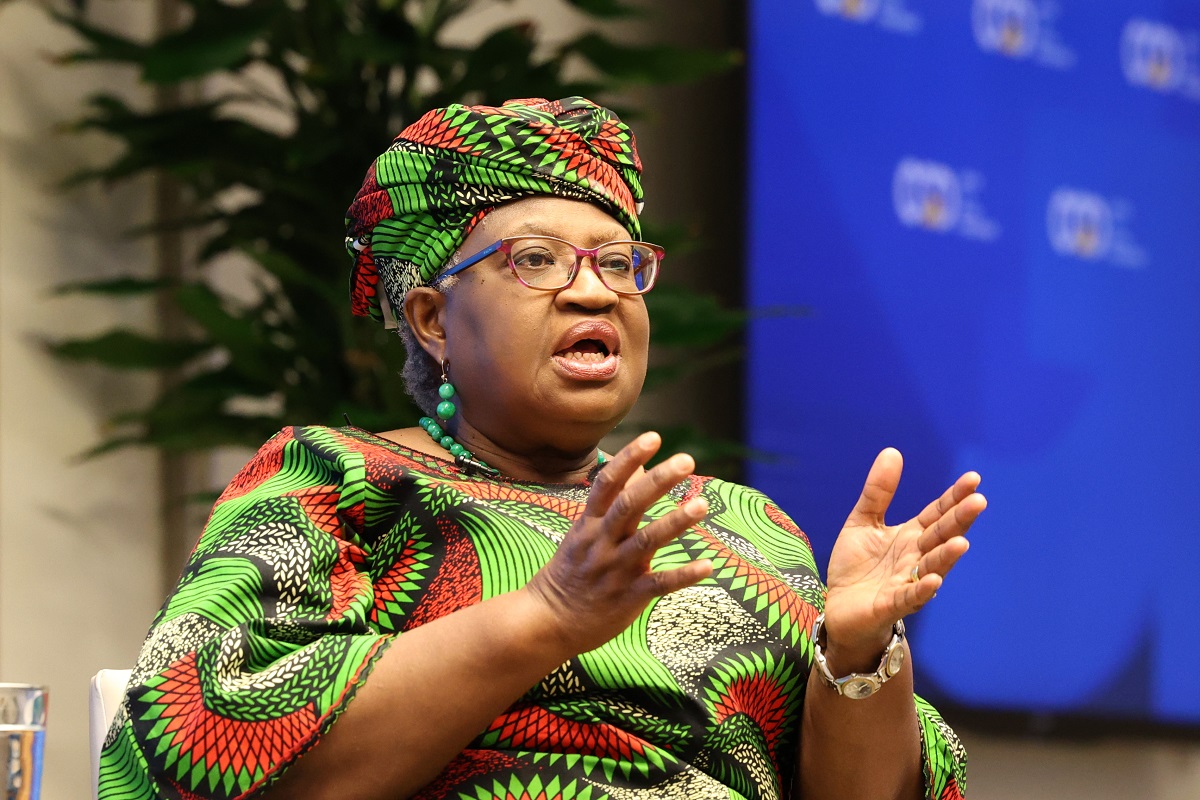The Obama administration has announced the suspension of Bangladesh’s trade benefits under the Generalized System of Preferences (GSP) over the country’s failure to improve working conditions and protect worker rights. The decision is not surprising given the problems in Bangladesh, but, as I noted here in January, it is purely symbolic. First, GSP does not include clothing. Second, it accounts for a trivial $35 million of duty-free exports, or less than 1 percent of Bangladesh’s total exports to the United States, most of which (90 percent) is clothing. Meanwhile, most Bangladeshi exports face an average duty of 15 percent, one of the highest rates in the US market.
In that January post, and more recently here, I recommended that instead of wielding the tiny twig of GSP suspension, the United States should offer a much bigger carrot—duty-free, quota-free market access for all least developed countries, including Bangladesh. Just this week, I sent a policy memorandum to new US Trade Representative Michael Froman suggesting a pragmatic solution for how the United States could implement this initiative while still protecting the duty-free benefits on clothing that a few African exporters receive under the Africa Growth and Opportunity Act. Even with some restrictions on Bangladeshi benefits to shield the African exporters, the carrot of duty-free market access would be far more effective at encouraging Bangladesh to do something serious on worker rights than the GSP suspension.
Since US movement on duty-free, quota-free market access would also be a big contribution to making the meeting of trade ministers in Bali in December a success, I’m puzzled by USTR’s resistance to this. Any other ideas on how to break the logjam?
CGD blog posts reflect the views of the authors, drawing on prior research and experience in their areas of expertise.
CGD is a nonpartisan, independent organization and does not take institutional positions.





